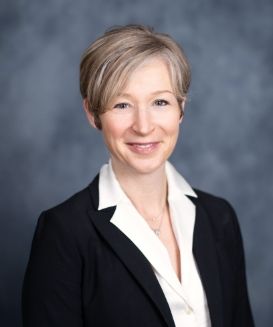This summer, I had the privilege of joining fellow Legal Aid leaders from across Ohio in Washington, D.C., where we shared the powerful stories behind the work we do every day. Together, we spoke with policymakers about the real-life impact of civil legal services—and the difference Legal Aid makes in the lives of our neighbors.
In 2024 alone, Ohio’s Legal Aid organizations served more than 46,000 households—touching the lives of 117,245 individuals. As LASCO’s incoming board chair, I’ve seen firsthand the life-changing impact this organization has on our communities, and I’ve had the privilege of supporting LASCO’s extraordinary staff. Their ability to navigate complex legal systems with compassion and resolve is truly inspiring.
Behind each number is a person: a senior navigating programs to remain independent, a veteran fighting to keep their home, a survivor of domestic violence seeking safety, or a family trying to stay afloat after a financial setback. These are the people who turn to Legal Aid when the system feels too big to face alone.
Civil legal issues may not always make headlines, but their consequences are deeply personal and life-altering. Left unresolved, these problems can spiral—leading to job loss, eviction, or even homelessness. But with the right help at the right time, the trajectory of someone’s life can change for the better.
That’s the value of Legal Aid. For every $1 invested, Legal Aid generates $7 in economic return by helping people maintain stability, avoid costly crises, and access the tools they need to move forward. In 2024, this translated into more than $35 million in economic benefit to Ohio’s communities.
While in D.C., we also drew attention to the unique challenges facing people living in rural communities, where access to legal help can be scarce. In these regions, Legal Aid is often the only resource protecting people from the loss of their home, their safety, or their livelihood. Geography and income should never be barriers to justice—and thanks to Legal Aid, they don’t have to be.
Representing our organization in these conversations was an honor. It was an opportunity not just to share numbers and outcomes, but to elevate the voices of the people we serve. When decision-makers understand the human impact of our work, we build the foundation for lasting support—and a more just Ohio for all.


